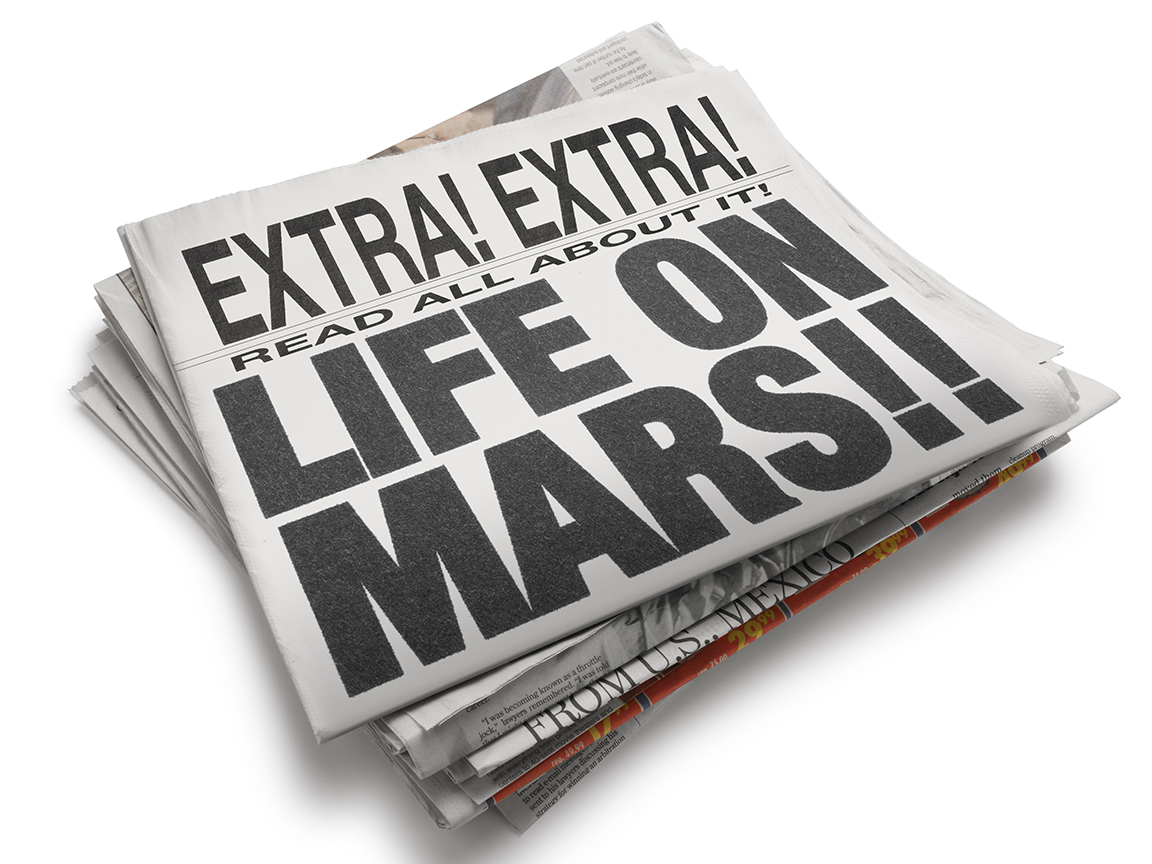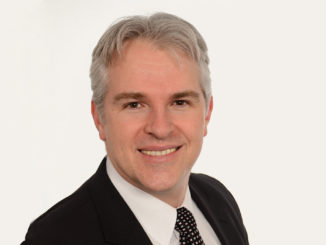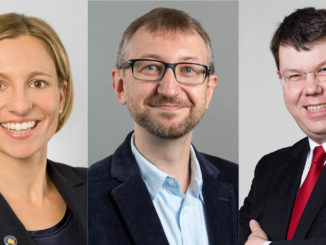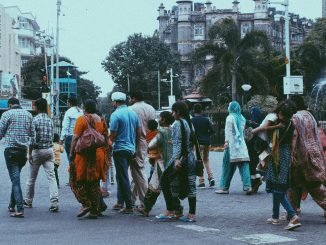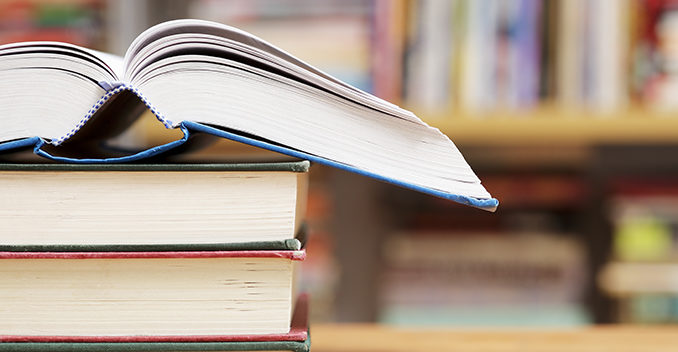
Is academic writing only something for (future) scientists and researchers? Our thoughts on truth (see Academic Writing (Part 1)) have already made it clear: Dealing with academic writing and its methods is of invaluable benefit when analyzing situations and developing solutions. That is the case regarding truth – What is true? What should I believe? –, and it is the same when researching.
The English term of “research”, from the French term for “search” or “investigate” has been used for “careful, i.e. systematic search” in both languages for centuries. As such, i.e. the careful search for knowledge and systematic research, it is the basis for academic writing. “Careful” can have different meanings here: 1. Even the smallest and best-concealed pieces of information, but certainly the relevant pieces of information are to be found, 2. Accurate information is to be found (e.g. no fake news) or: 3. The search is to be efficient, without wasting resources, and in a targeted manner, i.e. systematically.
Research as part of academic writing therefore ideally leads to relevant and accurate information in the scope of a systematic process.
1. The Search for Relevant Information
The search for information is hindered by a banality: One must know what one is looking for, or at least what questions one would like to answer. When starting research, and specifically when starting studies, i.e. as a mere beginner in academic life and the chosen scientific discipline, we usually become painfully aware just how much an efficient research process depends on prior knowledge.
Careful examination and investigation of the desired, chosen or assigned subject therefore will require perusing far more literature and far more data and information than will be mentioned in the written paper in the end. Let us consider this a kind of apprentice’s fee or orientation effort – there’s just no way around it. The first term papers in one’s studies therefore are mostly to be considered exercises in the method of scientific work at a less demanding scientific level.
Search for relevant information starts with determining and phrasing the subject – even before the subject and the research questions have even been set – and is necessary in order to phrase the subject in the first place. Another important research process happens in developing the subject.
You don’t need to study librarianship in order to procure the relevant information and that which is the most difficult to access. However, it is a good idea to get advice and support from the academic libraries in the form of introductions into using the library and, of course, also as a user of the research and literature offer.
Scientific journals are indispensable for review and documentation of the current state of science, the state of the art. They are valuable and therefore expensive. However, they are available to users of national and university libraries nearly free of charge and well prepared. Manuals and fundamental works are another good place to start research at.
Information and sources criticizing, documenting or refuting the presented concept, analyzing it and dealing with the background of studies and surveys are also relevant. An investigation on the subject of “Women as entrepreneurs” with the question of why more women have become self-employed in the last years must include not only the corresponding studies and surveys, but also deal with the social questions treated in the paper. The studies or surveys alone are not enough. The claimed arguments for the increasing numbers of self-employed women must be examined for plausibility and reconciled with other sources.
Current sources are relevant. The definitions of current or outdated and irrelevant, however, depend on the question at hand. The original texts of the discipline, for example, must be named.
One example: When researching media criticism and the social effect of media, Neil Postman’s “Amusing Ourselves to Death” from 1985[1] isn’t a source that is too old. It may even be vital. When discussing the cultural dimensions of Hofstede, we must quote Hofstede’s original[2], but of course also include current perception and criticism – both of which are absolutely relevant information in the scientific discourse.
This explanation shows already that we can only assess from case to case and based on the question what is relevant and what is not. We must have the target to discuss a question and sufficiently reflect on the current state of science.
2. Finding the Proper Information
“Proper” in this case means information that matches the subject and the issue at hand and that contributes to finding an answer, but also has information that is accurate, has been verified and proven.
This aspect may be the actual, new challenge to scientific research in the “post-factual” age: Facts are declared forgeries and lies unabashedly presented as facts far more often and more blatantly than before. Information (purposeful knowledge) and wrong reports are available to everyone in an unprecedented and unexpected volume at no more than a click or swipe.
How, though, to determine what matches the question, what is accurate, and what is only an opinion or wishful thinking? How can we verify at all whether something is true? A quality seal according to the principle of “tested truth” is a solution that the report just published in the main news makes us think of: Facebook will, in future, show its users a warning message when they hit a false report.[3] Yet this seal or mark of false reports only works by careful research, as well: The corresponding reports in (the German version of) Facebook will in future be reviewed by the non-profit, donations-based research center Correctiv[4] and marked as fake reports as necessary.
Where scientific publications are concerned, articles and publications are reviewed for truth by the publisher or by external auditors called peer reviewers, i.e. scientists from the same discipline (= Peers). Usually, two Peer Reviewers will review independently of each other.[5]
Automatic reviews, seals of truth or generally applicable characteristics of truth do not exist. Instead, continuous review is necessary and multiple criteria must be considered. Generally, our ability to differentiate – to tell facts from lies, opinions from manipulations, true bargains from bait offers or even fraud – serves us well, provided that we use these skills. Not doing so would mean that we abandon ourselves to the opinions and decisions of others.
That already happens quite often enough, e.g. when we do online research and Google or Facebook thinks they “know” us well enough from many earlier queries that they only present a selection of search results customized for us. The provider and its algorithm rather than we determine what is relevant for us in this case!
Taking over prefabricated opinions, attitudes, arguments is very comfortable at first glance, saves time and energy, and we can choose whether we want to design our lives like that. However, if we want to work scientifically, we have no choice: we must differentiate, verify, doubt and support or challenge an argument or a thesis from several sides.
Reviewing sources is an important step in the process of scientific work that gets more and more successful with increasing practice. Review based on the following criteria may provide information on whether a source is reliable and whether it can be used for academic writing:
- Person and function of the author: Does he/she write as a scientist? Is the text written as a scientific text for a corresponding institution? For a scientific purpose?
- Sources: Does the text cite sources? Does it cite reliable sources?
- Methods: Does the author use scientific methods? Does he/she disclose his/her methods? Does he/she explain how he/she arrived at his/her results?
- Data: Are the data disclosed? Is it disclosed how the data were collected?
- Style and form: Is the style factual and differentiated? Does the form correspond to the requirements?
The sources must represent the latest state of the art regarding the research question. Opposite opinions and criticism must be considered as well. The author of a scientific thesis must present the current state of the art in a differentiated manner.
Scientific literature forms the basis of every scientific paper. This does not include works of popular science, guidebooks, experience reports, travel reports, or statements from companies about scientifically relevant subjects. These are not targeted at a critical scientific specialist audience, but at the general public. Therefore, they are not subject to the control of the scientific community, but intended for purely commercial purposes.
3. Systematic Search
Scientific work can be equated to systematic procedure: The text itself must be structured logically; definitions, theories, the research question, arguments and counter-evidence must be developed and logically arranged, in order to best answer the research question. This demand for a systematic procedure applies to research as well. It has the great benefit that it saves us additional work, double work and frustration, e.g. due to chaotic and unstructured data volumes, or at least reduces these. The evaluation of literature, for example, includes the following steps:
- Identifying theories with references to the subject
- Finding sources in the theory areas
- Identifying references to the subject
- Documenting texts (copies, files, excerpts, notes etc.)
- Appropriate interpretation of quotations (context)
- Professional citations (verbatim, indirect, foot notes, sources)
In every step, it must be observed that the research question must be phrased precisely and limited sufficiently. If we are looking at the reference collection of the University Library of Munich on the subject of corporate strategies, we must handle several meters of book spines if we don’t know what we are looking for. Clearly phrasing the subject and strictly focusing on it demand a mental effort but will pay off in the form of considerable time and effort savings.
When developing the publication, it must be observed that the sources are inserted and evaluated accordingly. For example, to document theses or to discuss arguments, multiple opinions must be quoted, i.e. several sources must be named. Even though the theory of a scientist is discussed, it is not enough to quote that person’s publications exclusively. Discussion and evaluation of this theory, classification in the discipline of science as well as evaluation in the context of its time make it necessary to also name different sources and different scientists who have dealt with the same theory as well. A chapter of a thesis that has only a single source will violate the rule of objectivity, which is one principle of scientific work.
Of course, intellectual honesty plays an important role when using sources as well. It rarely is small negligence or a minor accident when texts, arguments and thoughts of other authors are included in one’s own work without citation. This way of “adorning oneself with borrowed plumes”, plagiarizing others’ intellectual work, is one of the most miserable tricks in the world of science. Being proven to have plagiarized not only leads to a failing grade for the respective paper at our university, but may also have further consequences.
The systematic and careful search for the best-secured knowledge possible, or at least for proven facts, is not only the basic building block of scientific work, but a soft skill that enables people to conduct good and economically satisfactory lives.
Whether you are looking for an attractive job offer to start a promising career, the right investment for your money or people you can trust in (not: a partner for life!): Look for unfalsified, up-to-date information, compare information from different sources and evaluate its credibility and then its use – those are rules of general wisdom for life. It is good luck to learn something so good at one’s university at a young age instead of having to acquire this skill the hard way, by bad experience!
[1] Postman, Neil (1985). Amusing Ourselves to Death, USA: Penguin
[2] Hofstede, Geert (1980) Culture’s Consequences – International Differences in Work Related Values, Newbury Park, London, Neu Delhi
[3] See blog post on Facebook at http://de.newsroom.fb.com/news/2017/01/umgang-mit-falschmeldungen/ from January 15th, 2017
[4] https://correctiv.org/
[5] Another review in the form of a ranking of trade journals in the area of economics is offered by the vhb-online portal. It lists “ranked” trade journals: the criteria for classification are measures that the respective journal uses to review the publications. On this, see: http://vhbonline.org/en/service/jourqual/

